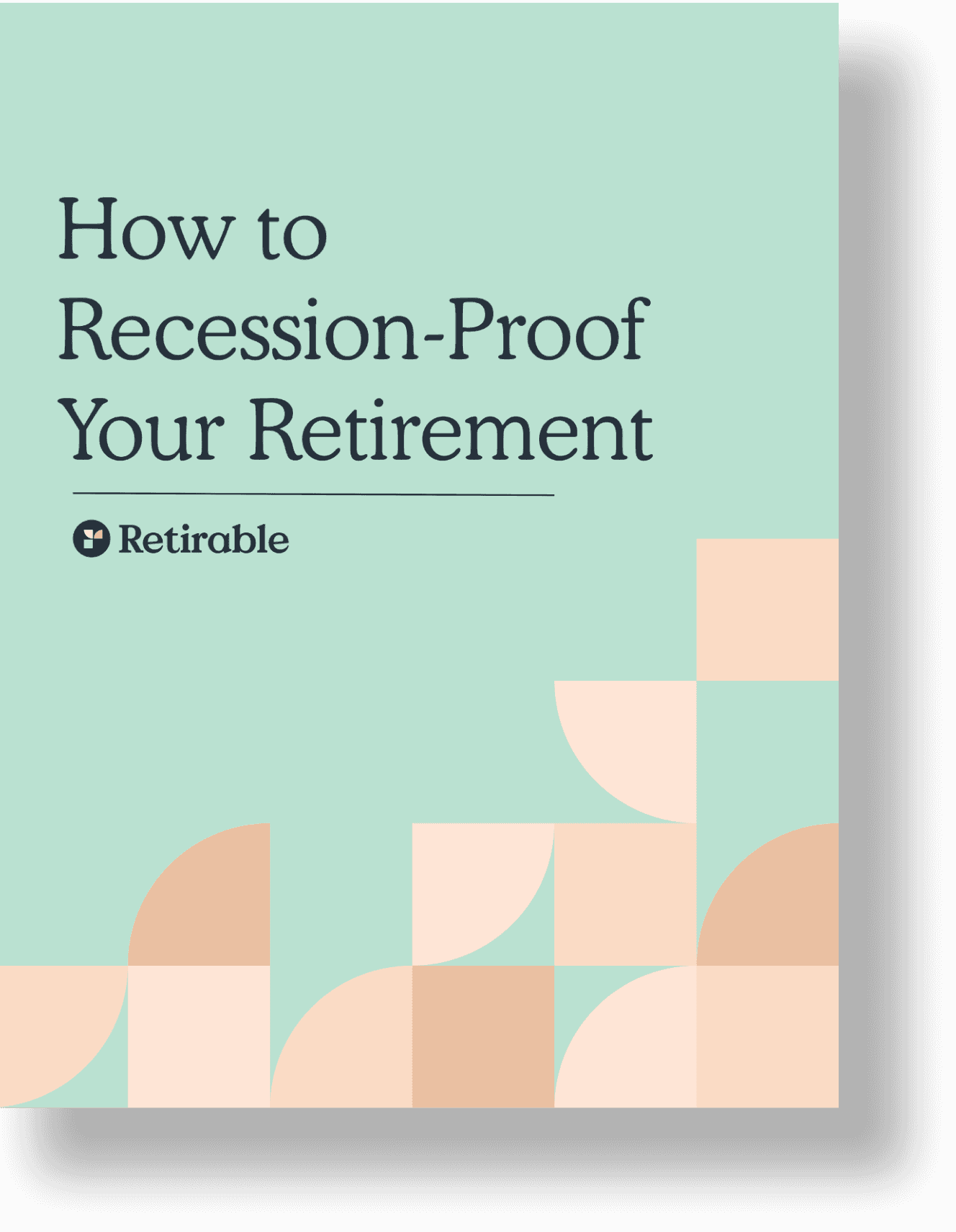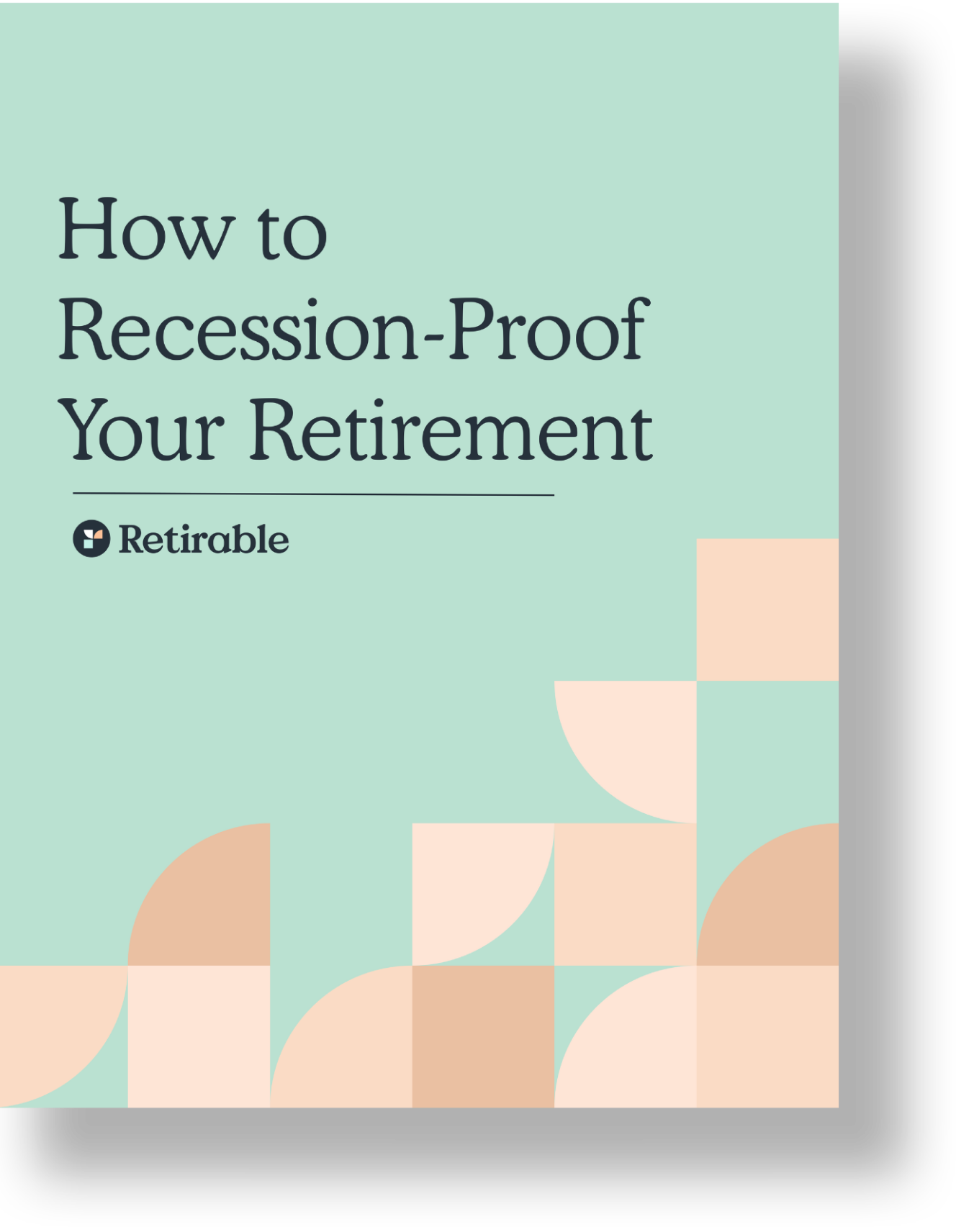Lifestyle
To borrow from an old saying, the best time to start building your wealth was 30 years ago. The second-best time is now. You can’t go back in time, but you can start working toward your goal today.

John Thomas Lang
•
Published September 1st, 2023
•
Updated April 11th, 2024
Key Takeaways
The key to increasing your wealth at any age is simple: spend less and save more.
Once you’ve squeezed a little extra money out of your budget each month, you’ll first need to reduce your bad debt so that you can start earning interest rather than paying a creditor interest for money you’ve borrowed.
One of the fastest ways to build wealth is through investing. You can diversify your investments to reduce your risk and maximize your potential reward.
To borrow from an old saying, the best time to start building your wealth was 30 years ago. The second-best time is now. You can’t go back in time, but you can start working toward your goal today.
But where do you start? Plenty of articles advise on the best ways to build wealth at a young age. Still, you can boost your financial assets at any age. The key is to find a way to put a portion of your income toward paying off your debt, saving for the future, and investing. Here are 12 tips to help you get started.
Make a Plan
Before you can start putting any of the 12 rules for building wealth after age 50 tips into action, you’ll first need a plan. Start by creating a budget, then be realistic about how much you can save in the months and years.
Reduce your expenses
It probably sounds obvious, but building wealth after 50 is no different than building it at any age. You’ll need to spend less and save more. Once you’ve mastered that side of things, you can start to decide what to do with the extra money you have each month. Find small ways to cut back, including cooking at home instead of dining out or doing takeout, cutting back on entertainment and travel, or buying an older used car to eliminate your car payment.
Consider a side gig
Once you’ve started working on finding how to build wealth in your 50s by cutting expenses, a significant next step is to increase your income. Thanks to the gig economy, you can do plenty of side jobs, from food delivery to rideshare driving. You can also work part-time, make money from pet sitting, or sell crafts at local fairs.
Build an emergency fund
As you’re working toward building wealth, you can suffer setbacks. Your car could break down, or you could have unexpected medical expenses. Put your initial extra money toward building an emergency fund. Then, when something happens, you can use that money rather than accrue more high-interest debt with credit cards.
Erase your debts
By the time you’re 50, it’s important to start to think about building wealth for retirement. This makes getting out of debt a top priority. You won’t want that burden when you leave the workforce and your income drops. Make a goal to put money each month toward paying off loans and credit card balances. There are several ways to approach your debt, and a skilled advisor can help you plan your efforts to minimize accrued interest.
Take advantage of catch-up contributions
It might not be the key to wealth in your 50s, but contributing to retirement savings accounts can pay off in a decade or two. In 2024, the IRS allows taxpayers who are aged 50 and over to put an extra $7,500 into a 401(k), 403(b), SARSEP, or governmental 457(b). You can make a $1,000 catch-up contribution to your Roth or Traditional IRA. These limits have remained the same as they were in 2020. This is in addition to the annual limits the IRS sets for retirement plan contributions.
Diversify your investments
Building wealth in your 50s will likely involve investing unless you invent the next big gadget. But investing can come with risk. By diversifying, you’ll have your money in various assets and asset classes. Combine stocks with low- to no-risk investments like corporate bonds, CDs, and no-yield savings accounts.
Start downsizing
You’ll likely start serious retirement planning after 50, at least at some point in the following decade. You can get a headstart on that by starting to downsize. If you can find a way to sell some of your items, you may find that you’re even making some extra money by clearing out your house.
Create a Health Savings Account
Medical care is one of the most significant expenses after retirement. By starting to sock some money away now, you can be prepared. If your employer offers an HSA, take advantage of it, but you can get one on your own if your employer doesn’t provide health insurance.
Consider paying off your home
Eliminating your mortgage can give you extra money each month. You’ll also save on interest. Crunch the numbers to see if it’s in your best interest to pay off the mortgage or invest those funds elsewhere, but remember that when you retire, having a fully paid home will be a big help.
Rethink insurance
Once you've started working on building wealth after 50, it's essential to review your insurance policies. For example, you might not need low-deductible car insurance if you have enough savings to cover potential vehicle damage. This is also an ideal time to assess your needs for life insurance and disability insurance to ensure you have the appropriate coverage.
Ask a pro
Whether you’re considering the best stocks to build wealth after 50 or you’re simply trying to find the right retirement savings account, a Certified Financial Planner® can help. Take advantage of any retirement planning seminars you can find and sit down one-on-one with an expert who can help.
Final Thoughts
You don't have to put every single one of the 12 strategies for building wealth after 50 to get results. The key is to create a plan and find extra money in your monthly budget to reach your financial goals. Once you're beginning to earn interest on your money, rather than spending it on debt, you'll find the dollars gradually start to add up.
Share this advice

JT is currently VP, Marketing at Retirable. A proud Colorado Native now calling Chicago home, he has played a key role in scaling multiple $1B+ unicorn tech startups. In addition to his passion for improving financial wellness in his community, you can probably find JT digging through crates for vinyl records.
Share this advice

JT is currently VP, Marketing at Retirable. A proud Colorado Native now calling Chicago home, he has played a key role in scaling multiple $1B+ unicorn tech startups. In addition to his passion for improving financial wellness in his community, you can probably find JT digging through crates for vinyl records.
Will Your Savings Last Through Retirement?
See the monthly income you can expect when applying tax, growth, and other strategies.






